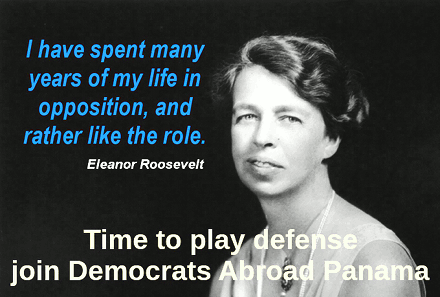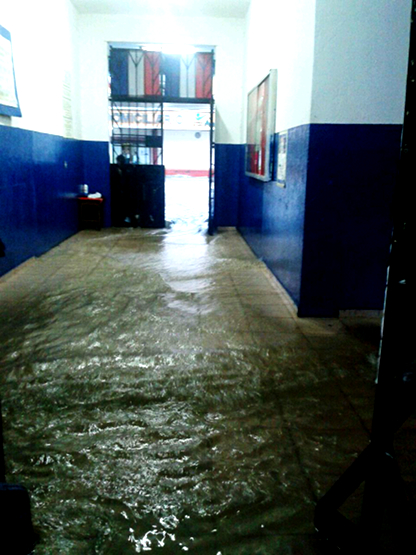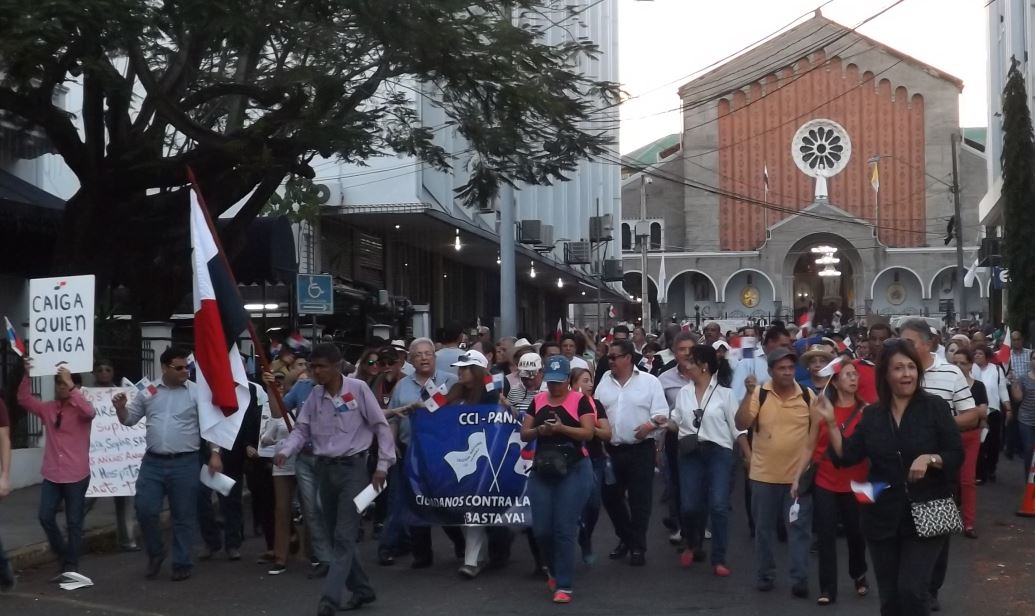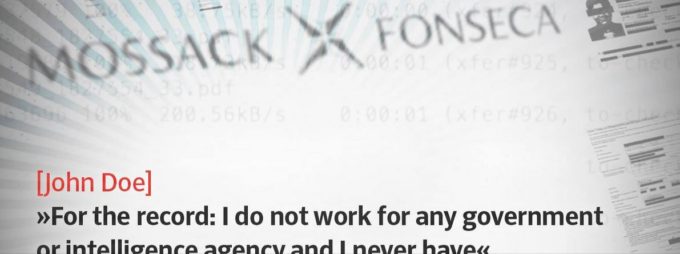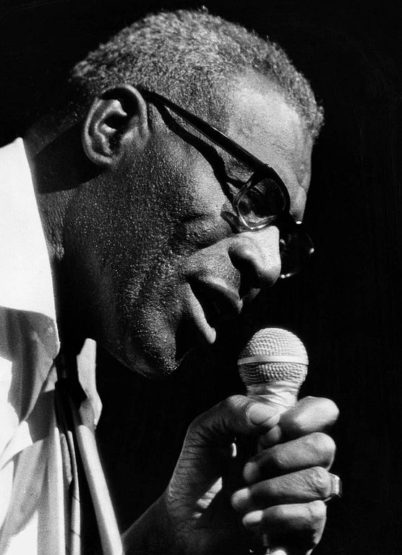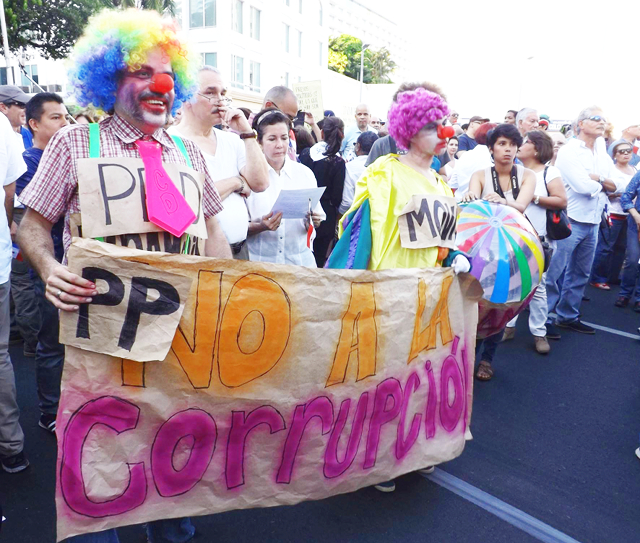
Respect the Green Line!
by Uri Avnery — Gush Shalom
The most incisive analysis of the Israeli-Palestinian conflict I have ever read was written by the Jewish-Polish-British historian Isaac Deutscher. It consists of a single image.
A man lives on the upper floor of a building, which catches fire. To save his life, he jumps out of a window and lands on a passerby in the street below. The victim is grievously injured, and between the two starts an intractable conflict.
Of course, no metaphor is completely perfect. The Zionists did not choose Palestine by chance, the choice was based on our religion. The founder of the movement, Theodor Herzl, initially preferred Argentina.
Still, the picture is basically valid, at least until 1967. From then on, the settlers continued to jump across the Green Line, with no fire in sight.
There is nothing holy about the Green Line. It is no different from any other border line around the world, whatever its color.
Most borders were drawn by geography and the accidents of war. Two peoples fight for the territory between them, at some point the fighting comes to an end, and a border is born.
The land borders of Israel — known for some reason as the “Green Line” — were also established by the accidents of war. A part of that line was the result of a deal between the new Israeli government and the king of Jordan, Abdallah I, who gave us the so-called Triangle as a baksheesh, in return for Israel’s agreement to his annexation of most of the rest of Palestine.
So what’s so holy about this border? Nothing, except that it’s there. And that is true for many borders throughout the world.
A border is established by accident and confirmed by agreement. True, the United Nations drew borders between the Jewish and the Arab states in its 1947 resolution, but after the Arab side started a war in order to thwart this decision, Israel greatly enlarged its territory.
The 1948 war ended without a peace treaty. But the armistice lines established at the end of the war were accepted by the entire world as the borders of Israel. This has not changed during the 68 years that have passed since then.
This situation prevails both de facto and de jure. Israeli law applies only within the Green Line. Everything else is occupied territory under military law. Two small territories — East Jerusalem and the Golan Heights – were unilaterally declared to be annexed by Israel, but nobody in the world recognizes this status.
I elaborate on these well-known facts because the settlers in the occupied territories have lately started to taunt their critics in Israel by bringing up a new argument: “Hey, what’s the big difference between us?”
You too sit on Arab lands, they tell us. True, before 1948 the Zionists settled on land they bought with good money — but only a small part of it was bought from the fellahin who tilled it. Most of it was acquired from rich absentee landowners, who had bought it cheaply from the Turkish sultan when the Ottoman Empire was in dire financial straits . The tillers of the land were driven out by the Turkish, and later the British, police.
Large stretches of land were “liberated” during the fighting of 1948, when masses of Arab villagers and city-dwellers fled before the advancing Israeli forces, as civilians do in every war. If they didn’t, a few salvos of machine-gun fire were enough to drive them out.
The inhabitants who were left in Jaffa after the town was conquered, were simply packed on trucks and sent to Gaza. The inhabitants of Lod (Lydda) were driven away on foot. In the end, about 750 thousand Arabs were expelled, more than half the Palestinian people at the time. The Jewish population in Palestine amounted then to 650 thousand.
Some inner voice compels me at this point to mention a Canadian-Jewish officer named Ben Dunkelmann, then 36 years old, who commanded a brigade in the new Israeli army. He had served with distinction in the Canadian army in World War II. He was ordered to attack Nazareth, the home-town of Jesus, but succeeded in inducing the local leaders to surrender without a fight. The condition was that the local population would not be harmed.
After his troops had occupied the town, Dunkelmann received an oral order to drive the population out. Outraged, Dunkelmann refused to break his word of honor as an officer and a gentleman, and demanded the order in writing. Such a written order never arrived, of course (no such orders were ever put in writing), but Dunkelmann was removed from his post.
Nowadays, when I pass Nazareth, a thriving Arab town, I remember this brave man. After that war, he returned to his native Canada. I don’t think he ever came back here again. He died 20 years ago.
Honest disclosure: I took part in all this. As a simple soldier, and later as a squad leader, I was a part of the events. But immediately after the war I wrote a book that disclosed the truth (“The Other Side of the Coin”), and a few years later I published a detailed plan for the return of some of the refugees and the payment of compensation to all the others. That, of course, never happened.
Most of the land and the houses of the refugees were filled with new Jewish immigrants.
Now the settlers say, not without some justice: “Who are you to despise us? You did the same as we are doing! Only you did it before 1967, and we do it now. What’s the difference?”
That is the difference. We live in a state that has been recognized by most of the world within established borders. You live in territory that the world considers occupied Palestinian territory. The state of Texas was acquired by the USA in a war with Mexico. If President Trump were now to invade Mexico and annex a chunk of land (why not?), its status would be quite different.
Binyamin Netanyahu — some now call him Trumpyahu — is all for enlarging the settlements. This week, under pressure from our Supreme Court, he staged the removal of one tiny little settlement, Amona, with a lot of heartbreak and tears, but immediately promised to put up many thousands of new “housing units” in the occupied territories.
Opposite political extremes often touch each other. So it is now.
The settlers who want to wipe out the difference between us and them, do it not just to justify themselves. Their main aim is to erase the Green Line and include all the occupied territories in Greater Israel, which would extend from the Mediterranean Sea to the Jordan River.
A lot of Israel-haters want the same borders — but as an Arab state.
Indeed, I would love to chair a peace conference of Israel-haters and Palestine-haters. I would propose to decide first on the points they all agree on — namely the creation of a state from sea to river. I would leave to the end the decision whether to call it Israel or Palestine.
A world-wide movement called BDS now proposes to boycott all of Israel, in order to achieve this end. I have a problem with that.
Gush Shalom, the Israeli peace organization to which I belong, takes great pride in being the first to declare a boycott on the products of the settlements many years ago. We still uphold this boycott, though it is now illegal under Israeli law.
We did not declare a boycott on Israel. And not only because it is rather awkward to boycott oneself. The main object of our boycott was to teach Israelis to differentiate between themselves and the settlements. We published and distributed many thousand copies of the list of companies located and products produced outside the Green Line. Many people are upholding the boycott.
The BDS boycott of all Israel achieves the exact opposite: by saying that there is no difference between Israel within the Green Line and the settlers outside, it pushes ordinary Israelis into the arms of the settlers.
The settlers, of course, are only too happy to get the assistance of BDS in erasing the Green Line.
I have no emotional quarrel with the BDS people. True, a few of them seem to be old-school anti-Semites in a new garb, but I have the impression that most BDS supporters act out of sincere sympathy for the suffering of the Palestinians. I respect that.
However, I would urge the well-meaning idealists who support BDS to think again about the paramount importance of the Green Line — the only border that makes peace between Israel and Palestine possible, with some minor mutually agreed adjustments.
Israel is there. It cannot be wished away. So is Palestine.
If we all agree on that, we can also agree on the continued boycott of the settlements — and of the settlements only.
~ ~ ~
These announcements are interactive. Click on them for more information.



